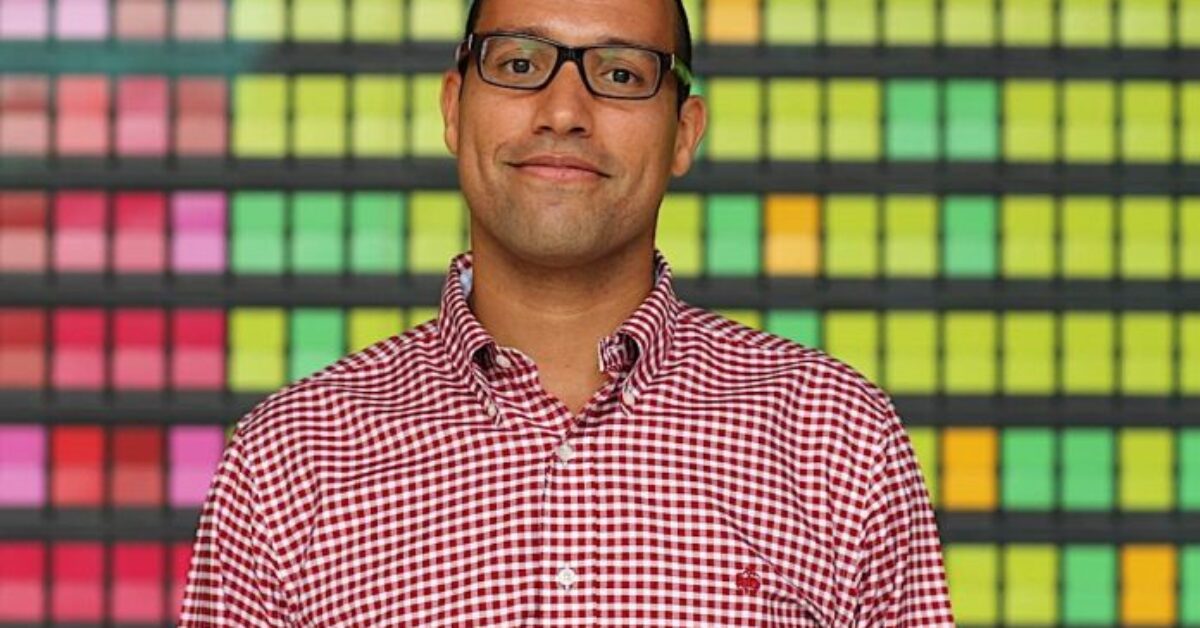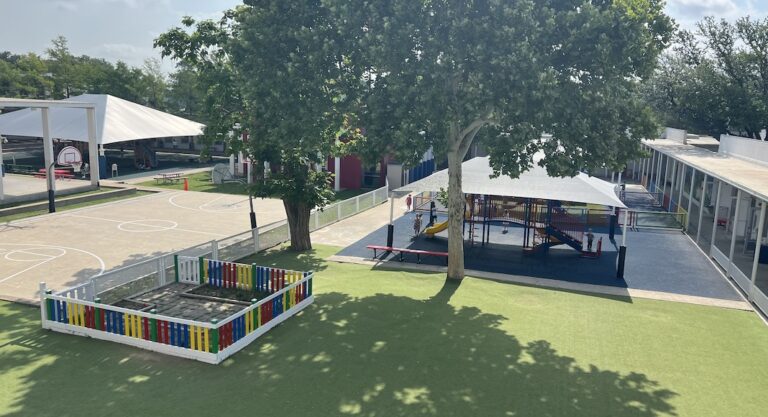When he co-founded Tech Adaptika last December, Hosni Zaouali was taking a long-term view: a gamble on the digital revolution in education, with a ten year roadmap. But that was in December. Since the coronavirus appeared, the entrepreneur hasn’t slept much since.
“We’ve increased the number of clients tenfold; our staff has grown from a handful to nearly 50 people…” says the Franco-Tunisian, who is now based in Toronto and San Francisco. Tech Adaptika’s offer comes at the right time for American universities, which are desperately looking for distance learning solutions. “Covid has changed everything,” observes Hosni Zaouali. The universities first transferred their courses online when they had to close their campuses in March, before they realized that it didn’t work. It’s emotionally exhausting to watch someone Zoom in… So they came to us to find solutions to really re-imagine their curriculum.”
Tech Adaptika’s project is to offer a real “virtual campus” that allows students to reproduce online the benefits of campus life: collaborative work, meetings with teachers and students, events, etc… “It is the marriage of virtual reality and a learning management system.” More than a platform, Tech Adaptika wants to sell its expertise in “online behavior”: “We have analyzed the emotions of teachers and students online and found that Zoom and Skype are too one-way (we only listen); our virtual campuses are therefore intended to multiply the points of contact.”
While American universities and large companies – all of which want to create virtual campuses for their internal training – have become the focus of Tech Adaptika, this was not necessarily Hosni Zaouali’s original goal. Convinced that “education can change the world,” he first targeted Africa, building on his previous experience on the continent, where he created virtual schools. This was an experience that then led him to work for Stanford University, where he had studied and which called him back in 2018 to become a consultant and set up an online “executive program.” “Africa remains a medium-term goal, but Covid has made a difference in the short term. There are a lot of opportunities to be seized here (in North America) and the objective is now to grow rapidly to accompany the important changes that will take place in higher education.” Already profitable, the company wants to bring in investors to boost its growth “and quickly reach 3,000 employees.”
The market, he says, is considerable: “A university like Stanford has 7,000 undergraduate students; online they can grow much more, attracting students from all over the world, and this is the case with all first-tier universities. For the others, there is now a period of uncertainty, with students less and less willing to pay considerable sums of money, especially to be online – they will lose up to 30% of their students if they do not adapt their virtual offerings. Covid is going to be a tremendous accelerator of change, to which we want to contribute.”






